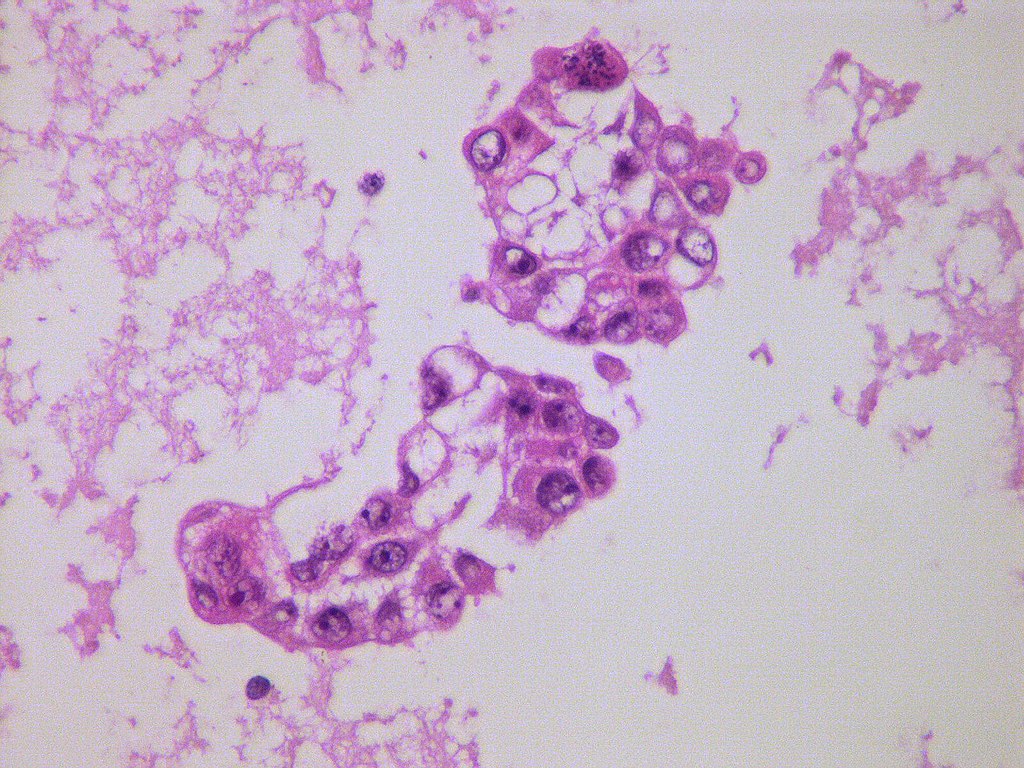This course is part of the RCOG Core Knowledge series.
Uterine cancers can be of two types: endometrial cancer and uterine sarcoma. Endometrial cancer is the fourth most common female malignancy in the UK, with the highest incidence of all the gynaecological malignancies. It represents the 8th most common cause of cancer death, with around 2,500 uterine cancer deaths in the UK every year (2017–2019). Uterine sarcomas, on the other hand, are rare (2% of all gynaecological malignancies) and are often diagnosed on post-operative histology. In contrast with endometrial cancers, the prognosis from uterine sarcomas is generally poor.
When you have completed this course, you will be able to:
- identify women with risk factors for endometrial cancer
- recall the relative risk of endometrial cancer
- recognise the various methods of investigating postmenopausal bleeding
- relate the value of staging and the treatment modalities for the various stages
- describe the different types of premalignant and malignant uterine pathology.
Sarah Kitson (2024)
Dr Sarah Kitson MB BChir PhD MRCOG is a clinical lecturer and honorary consultant gynae-oncologist in Manchester and the recipient of a Rosetree Trust funded Dean's Prize award. Her recent interests focus on endometrial cancer risk prediction and the development of prevention strategies.
The content of this course relates to the following Capabilities in Practice (CiPs) and key skills.
CiP 1: Clinical skills and patient care
All key skills covered
CiP 2: Working in health organisations
Understands ethical principles
Working in a digital environment
CiP 3: Leadership
Demonstrates insight
Effective use of resources
CiP 5: Human factors
Demonstrates insight into decision making
Team working
Understands systems and organisational factors
CiP 6: Developing self & others
Commits to continued learning
Promotes excellence
Provides pastoral care
CiP 8: Educator
Interprofessional learning
CiP 9: Emergency gynaecology and early pregnancy
Manages non-pregnancy pelvic pain
Manages non-pregnancy vaginal bleeding
Manages complications of treatment
CiP 11: Non-emergency gynaecology and early pregnancy
Manages abnormal vaginal bleeding
Manages pelvic and vulval bleeding
Manages pelvic masses
Manages suspected cancer symptoms
Manages menopause and postmenopausal care
CiP 13: Non-discrimination and inclusion
Promotes non-discriminatory practice
CiP 14: Health promotion
Understands impact of policy
Promotes a healthy lifestyle
Promotes illness prevention
Product Details:
Product Name
Price
Malignant disease of the uterus - 12 Month Access
£64.80
Login to purchase
| Product Name | Price | |
| Malignant disease of the uterus - 12 Month Access | £64.80 | Login to purchase |

